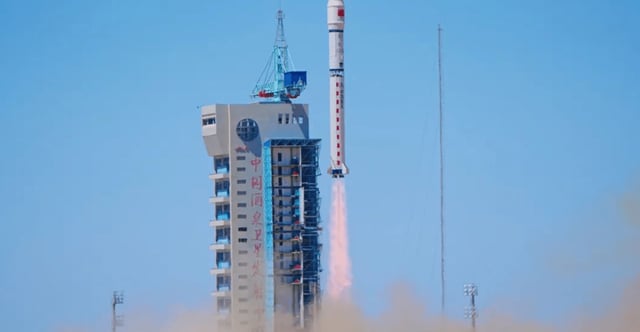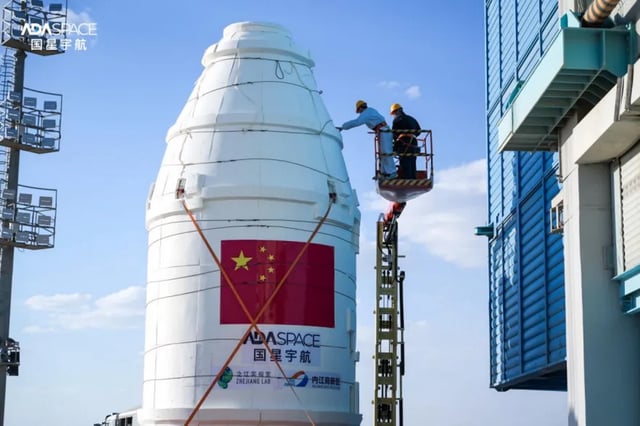Overview
- China's Three-Body Computing Constellation aims to establish a 2,800-satellite network capable of processing data directly in orbit, bypassing ground-based infrastructure.
- The first 12 satellites, launched via a Long March 2D rocket from Jiuquan Satellite Launch Centre, collectively deliver 5 peta operations per second (POPS) of AI computing power.
- Each satellite is equipped with an 8-billion-parameter AI model and features laser communication links capable of 100 Gbps, enabling rapid inter-satellite data exchange.
- Scientific payloads onboard include an X-ray polarization detector for studying cosmic phenomena like gamma-ray bursts and tools for creating 3D digital twin models for applications such as disaster response and urban planning.
- The network leverages solar power and radiative cooling to enhance energy efficiency, reducing reliance on Earth-based cooling systems and lowering its carbon footprint.

